Beets might be daunting to the uninformed since they have a scary blood-red appearance and a dirt-like flavor. Nonetheless, beetroot has a lot more to offer than how it appears. They're among the few fruits or veggies with a deep red-purple hue, which means they have a diverse range of nutrients and antioxidants compared to foods with other colors. Stay on this page as we show you the nutritional facts of beets and how they can benefit your health.
Heart-Friendly
Beetroot is generally high in nitrates, which are heart-healthy elements. Nitrates improve blood circulation by loosening blood vessels and stimulating dilatation, thus preventing strokes and cardiovascular diseases. In fact, research suggests that nitrate-rich foods like beetroot can help people survive heart attacks.
Aids in Pregnancy
Beets are one of the foods with the greatest folic acid concentration, according to horticulturists at the University of Wisconsin–Madison. Beetroot can aid in the development of a baby's nervous system and reduce the incidence of birth abnormalities.
Improves Digestion
Dietary fiber, a substance vital for digestive health, is abundant in red beets. Diverticular disease, which is caused by colon infection and causes gas, discomfort, and inconsistent excretions is reduced by the fiber in red beets. The fiber in red beets helps your body systems stay normal by softening your feces and making them easier to release. By consuming a portion of sliced red beets, you would have added 4 grams of fiber to your diet.
Packed With Betalains
The red jewel-like color of beets comes from betalains, a form of plant-derived pigment that has health benefits. Betalains include natural substances that defend your cells from injury. These natural elements such as antioxidants may reduce the risk of cancer, heart diseases, and other illnesses. They also have anti-inflammatory characteristics that aid in preventing hypertension, asthma, obesity, and Type 2 diabetes.
Supports Brain Health
In elderly adults, drinking beet juice boosts the circulation of the blood, suggesting that the dark red root vegetable may help prevent dementia. According to MRI scans, older persons who ate a high-nitrate diet had improved blood flow to the white matter of the frontal cortex, which are the portions of the brain most typically linked with the deterioration that contributes to cognitive disorders.
Boosts Athletic Performance
Runners may increase their nitrate levels by taking a beetroot juice blend, which allows their bodies to perform more effectively. The high nitrate levels in beetroot are the cause of its advantages. Nitrates are a naturally occurring substance that helps the body perform at an optimum level during high-intensity workouts.
Nitrates, which may be found in beets, certain fruits, and leafy green vegetables such as kale, are processed to nitric oxide when oxygen is insufficient. Nitric oxide is regarded as an essential molecule for endurance since it plays a variety of crucial aspects in vascular and energy metabolism management.
Beetroots have a high nutritional value, with several vital vitamins, minerals, and antioxidants. Now that research indicates beets lower blood pressure, lessen inflammation, and increase exercising capacity, aren't you convinced that you should include this red root veggie in your diet more often?
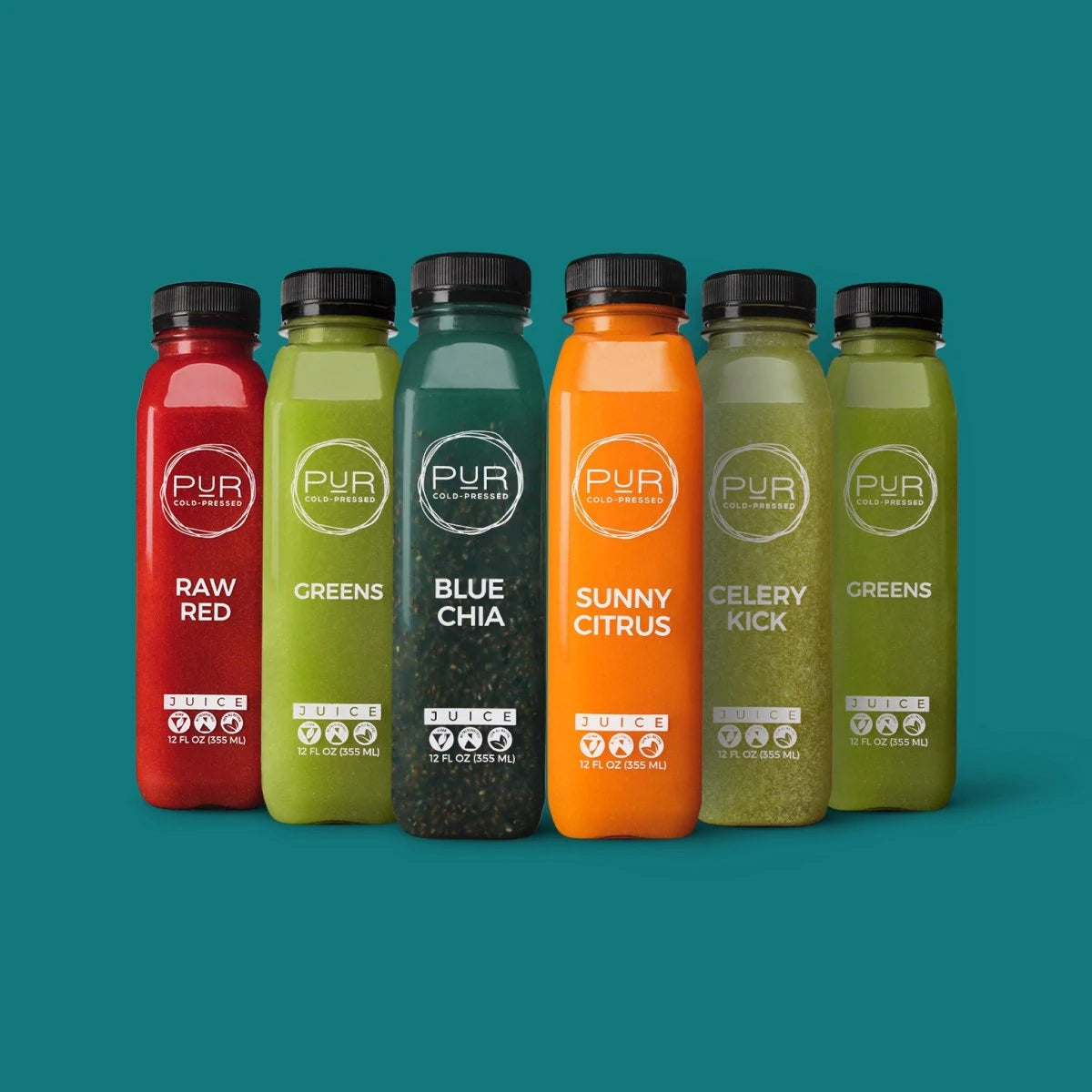
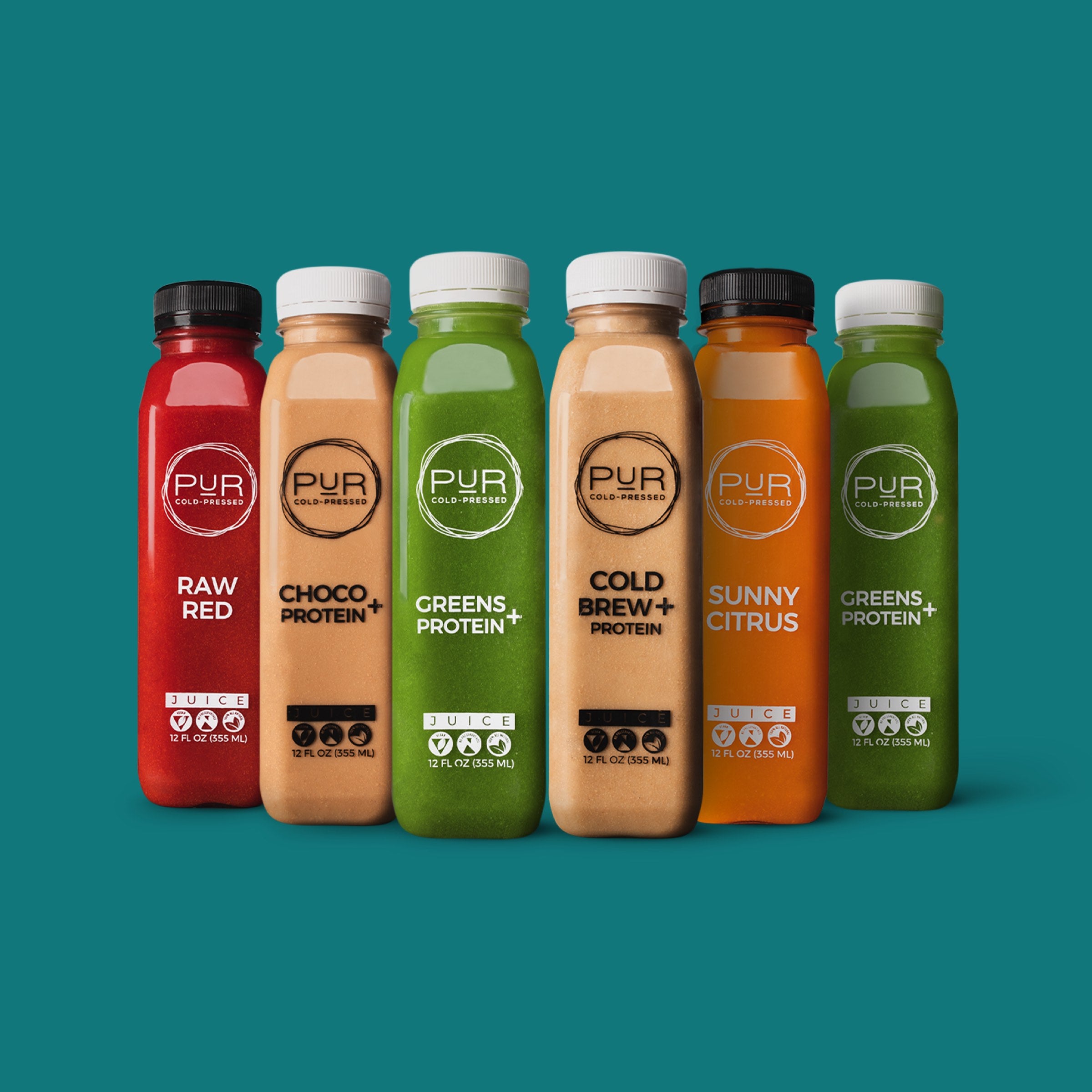
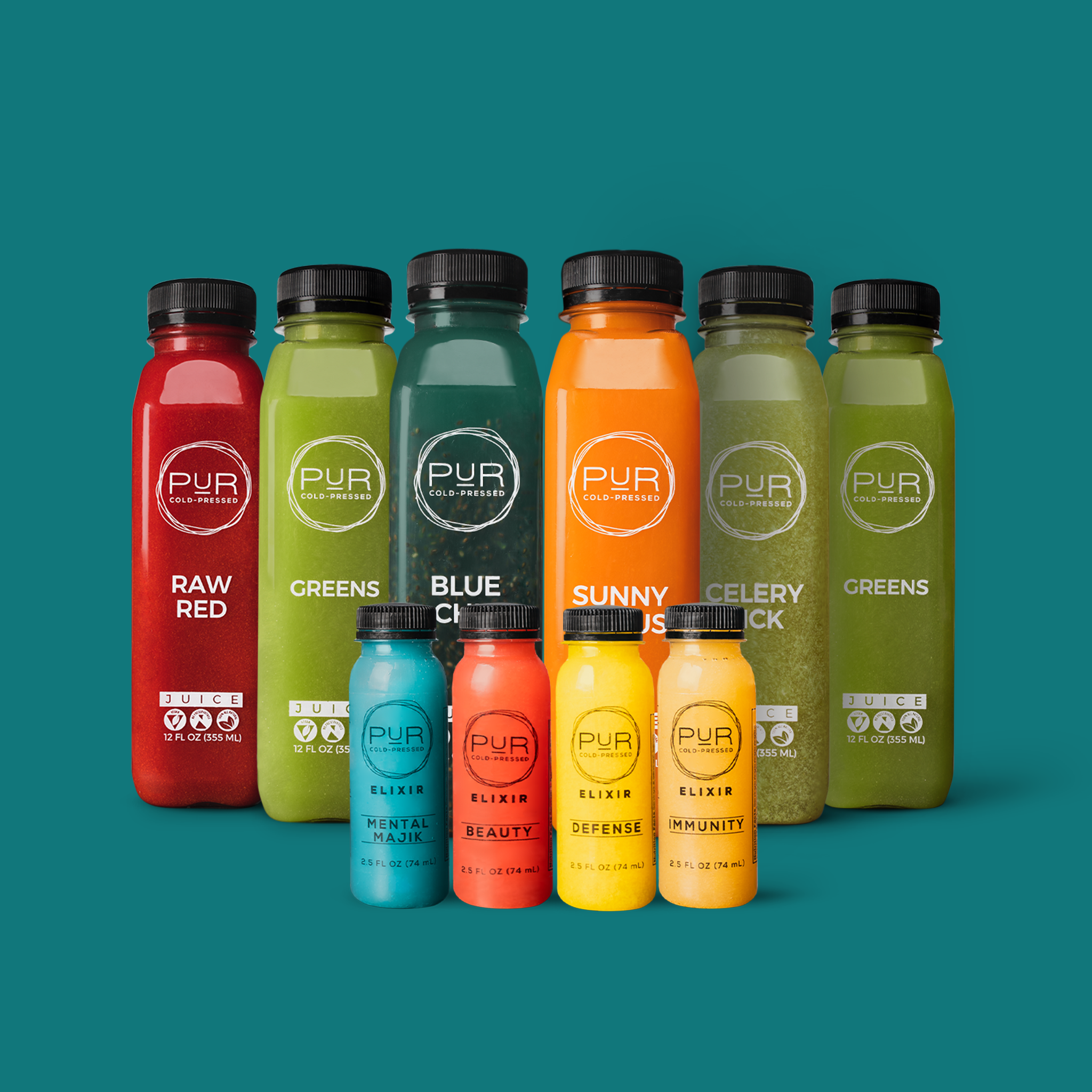
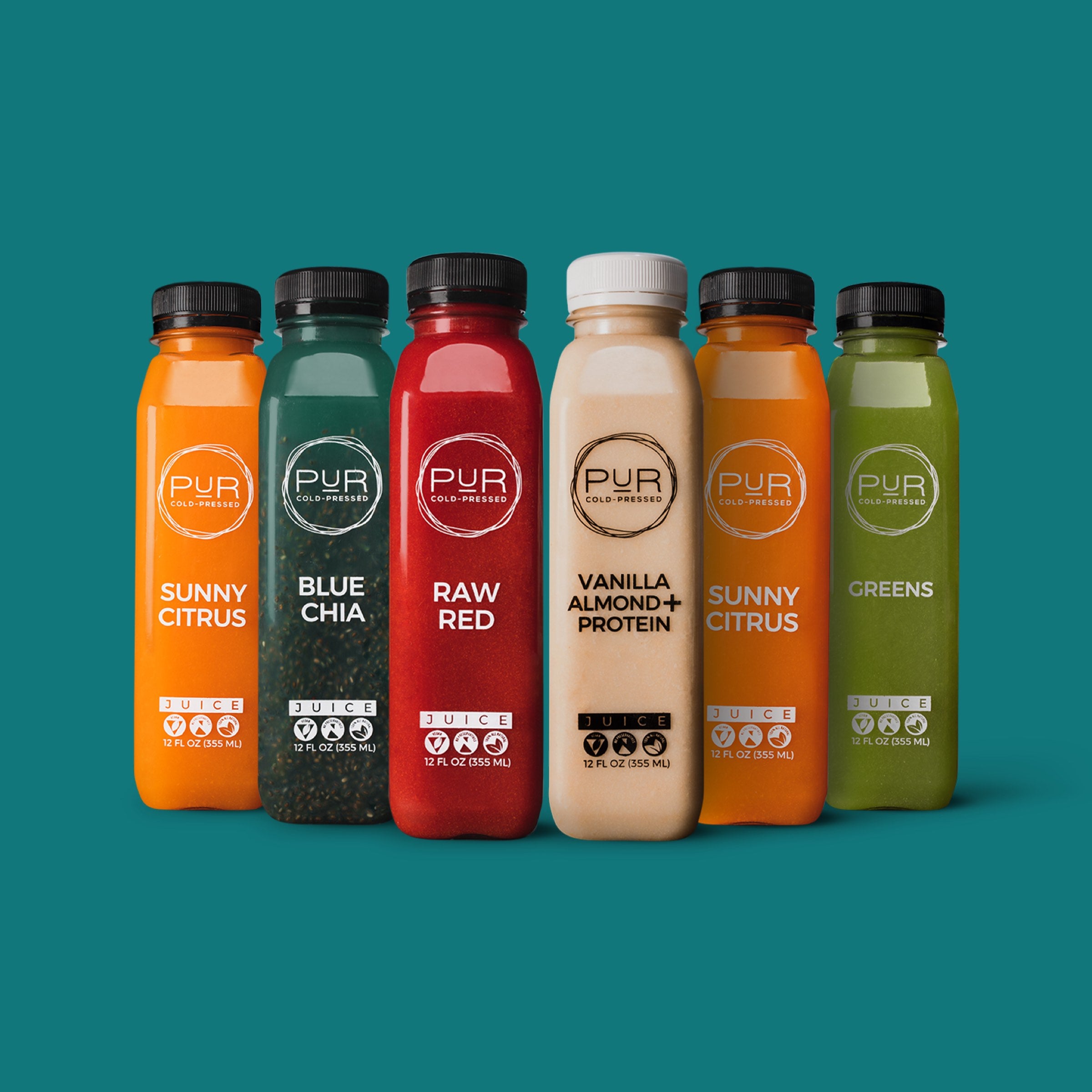
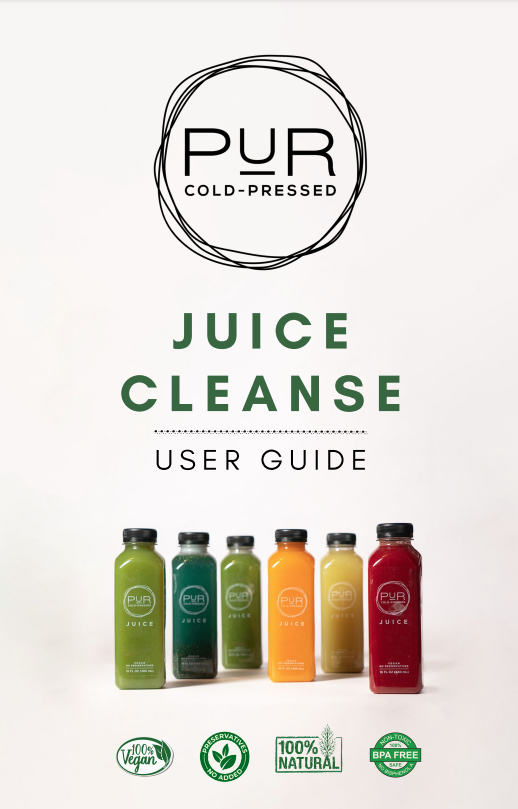
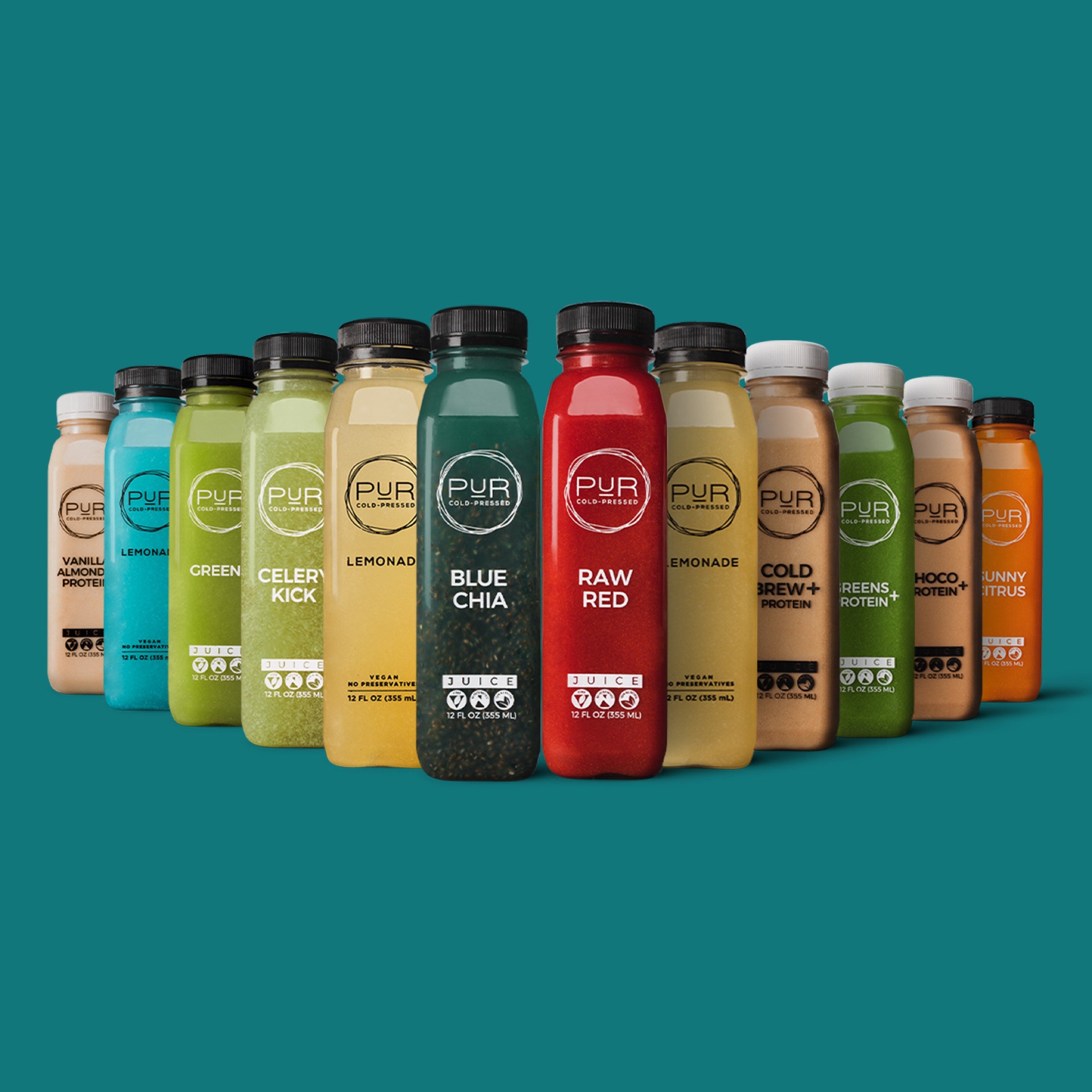

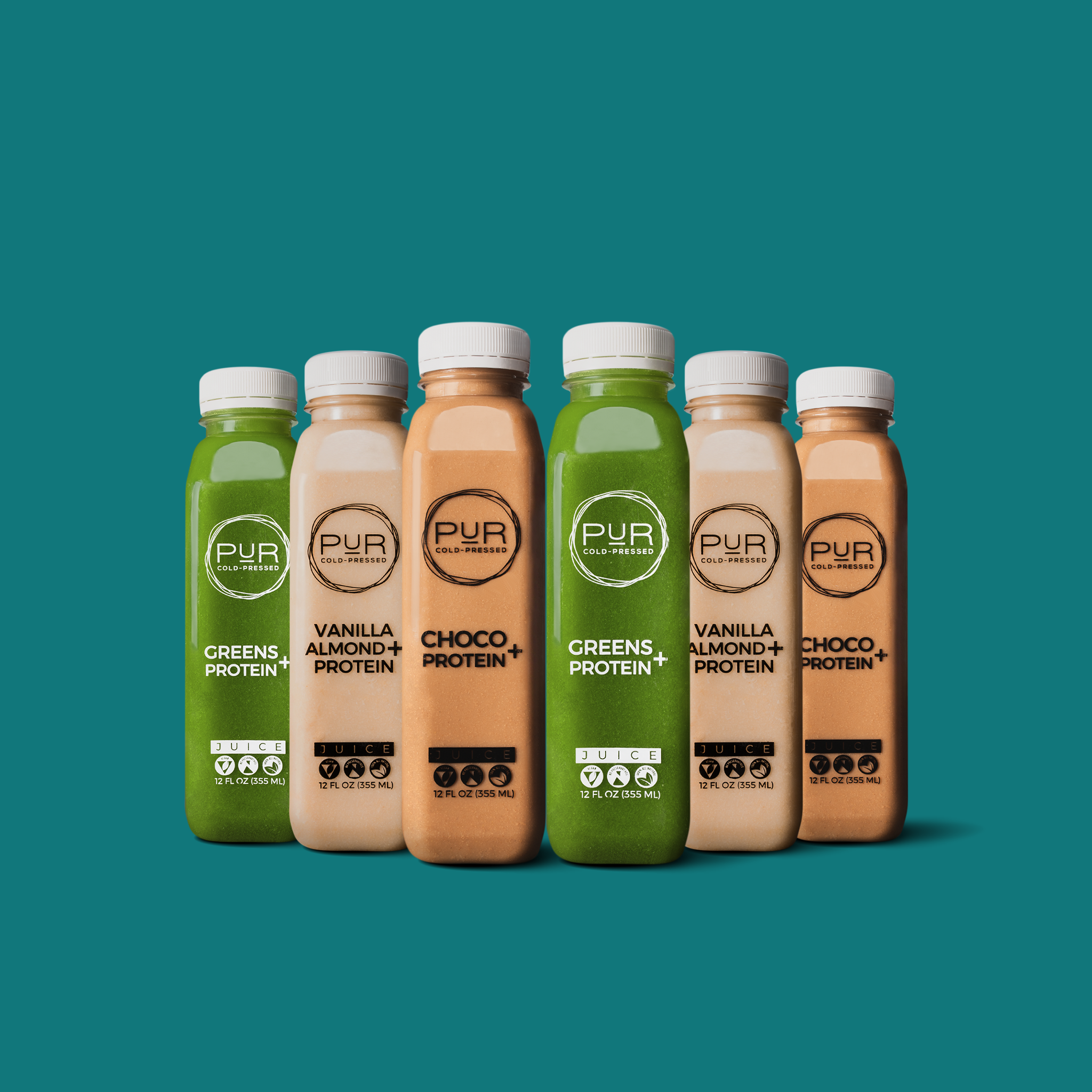
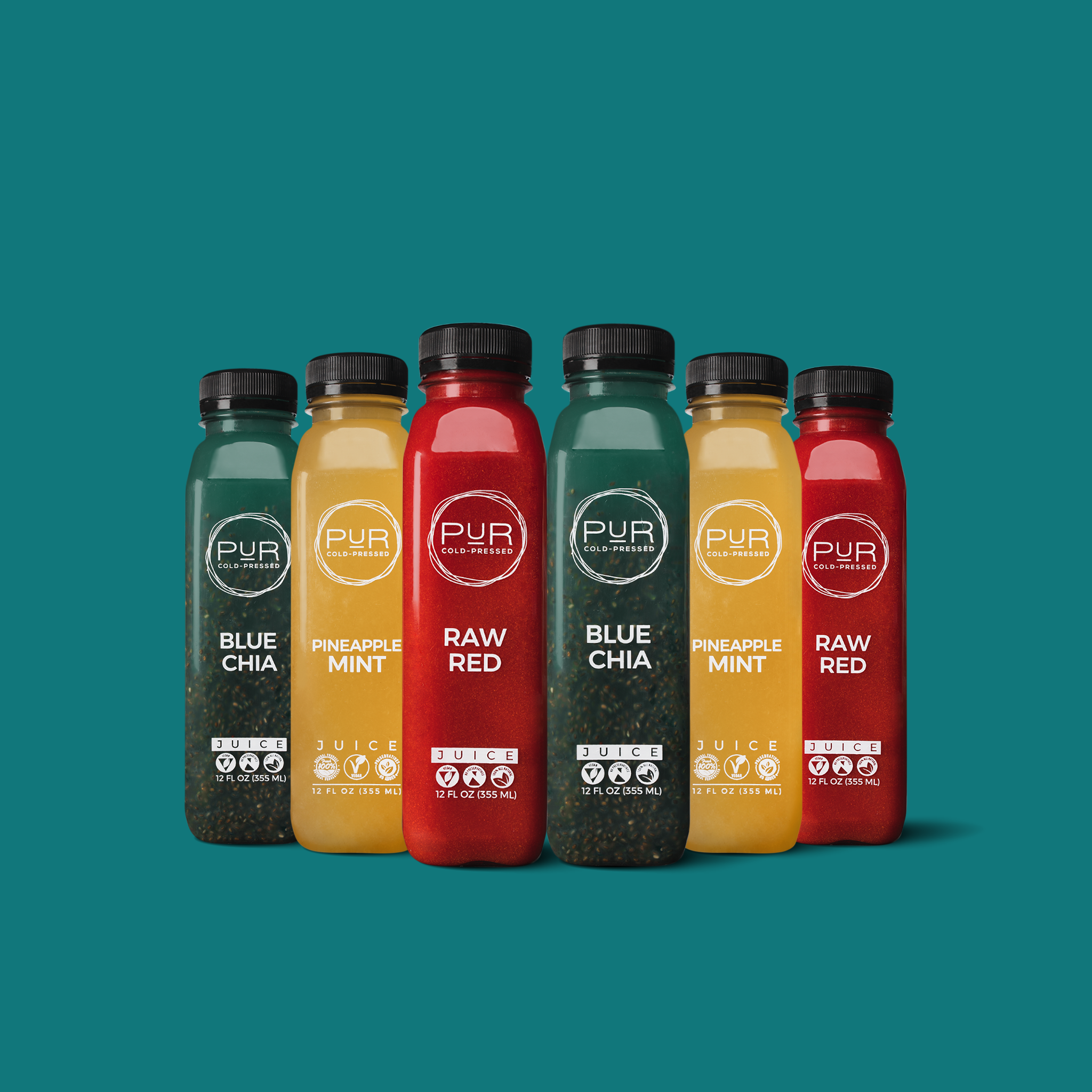
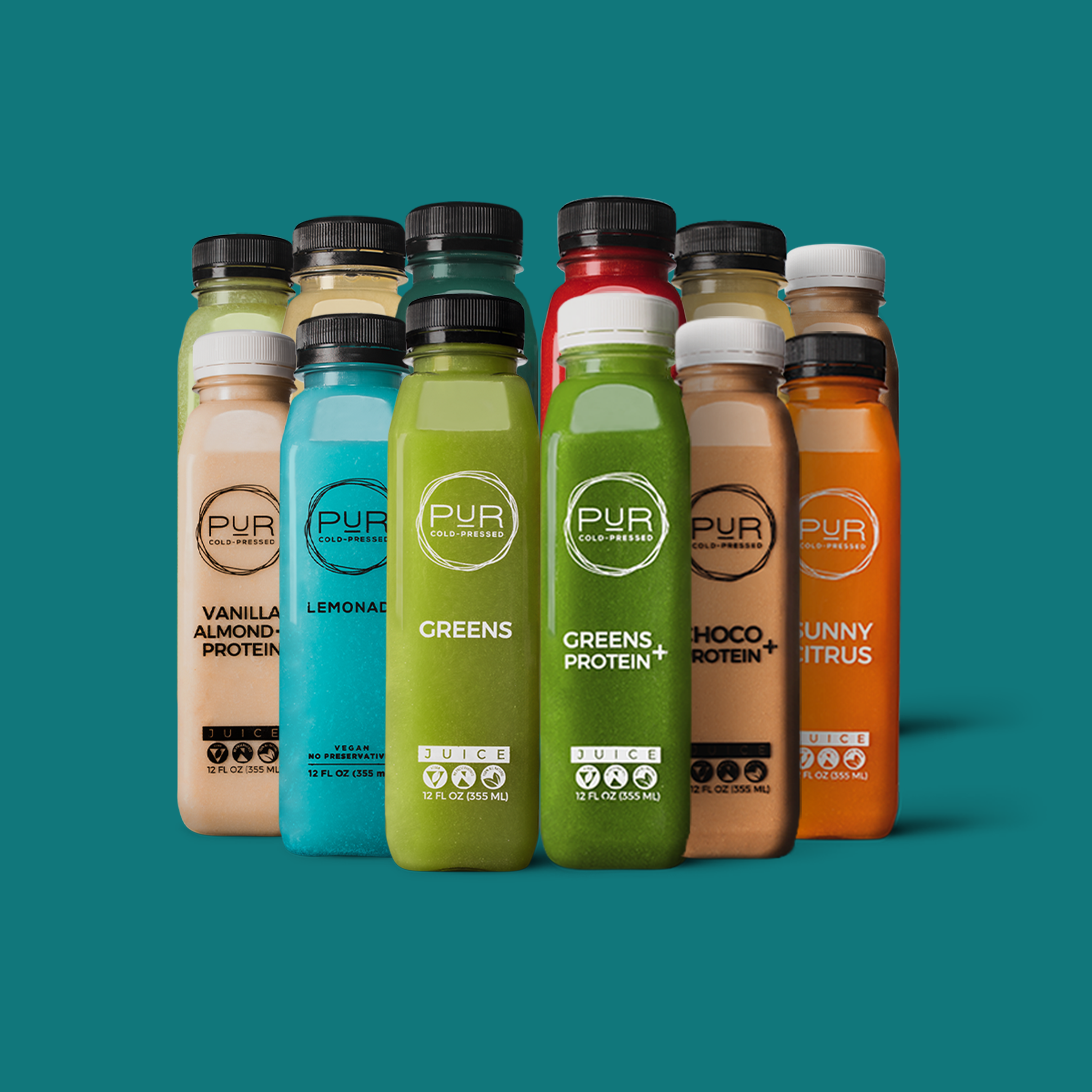
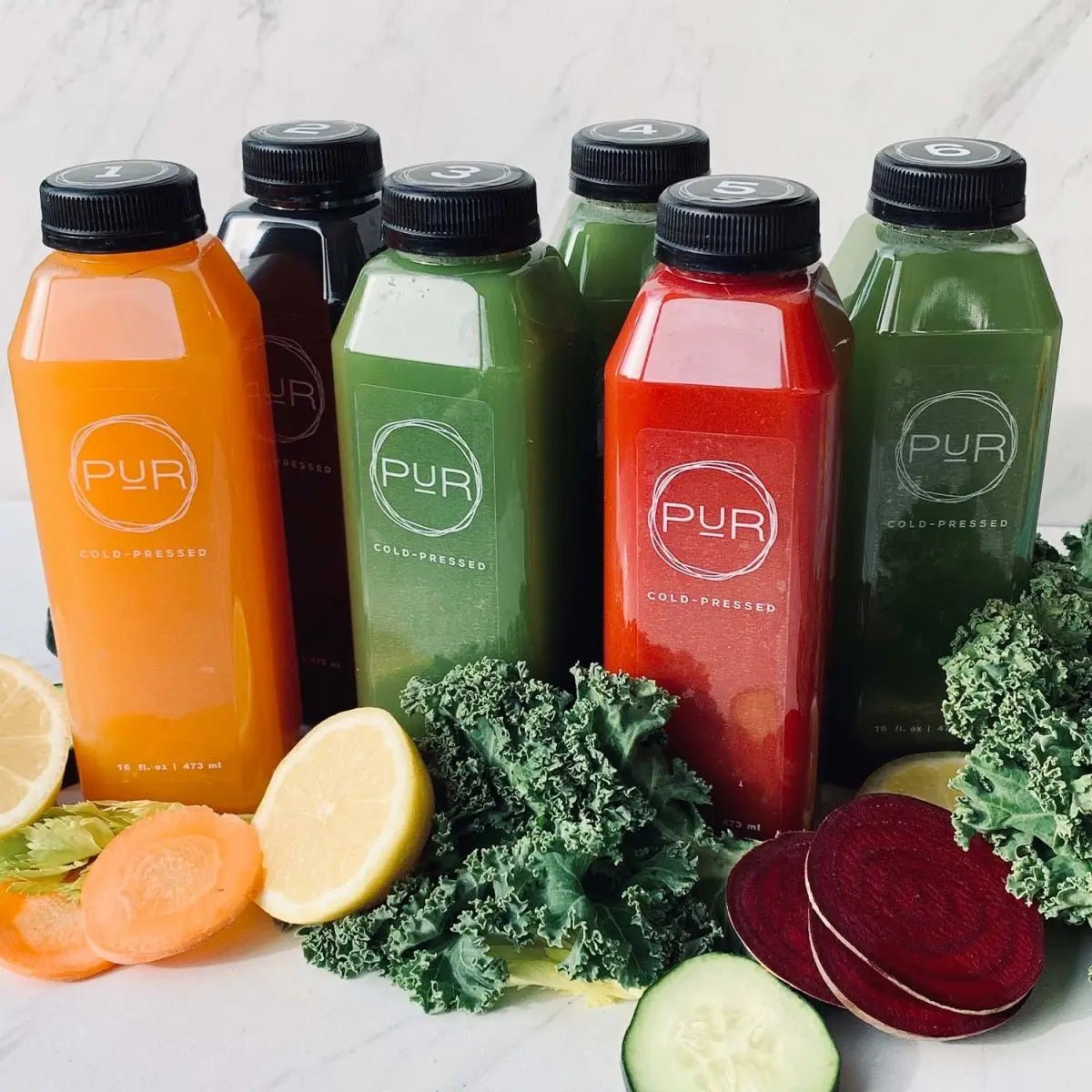
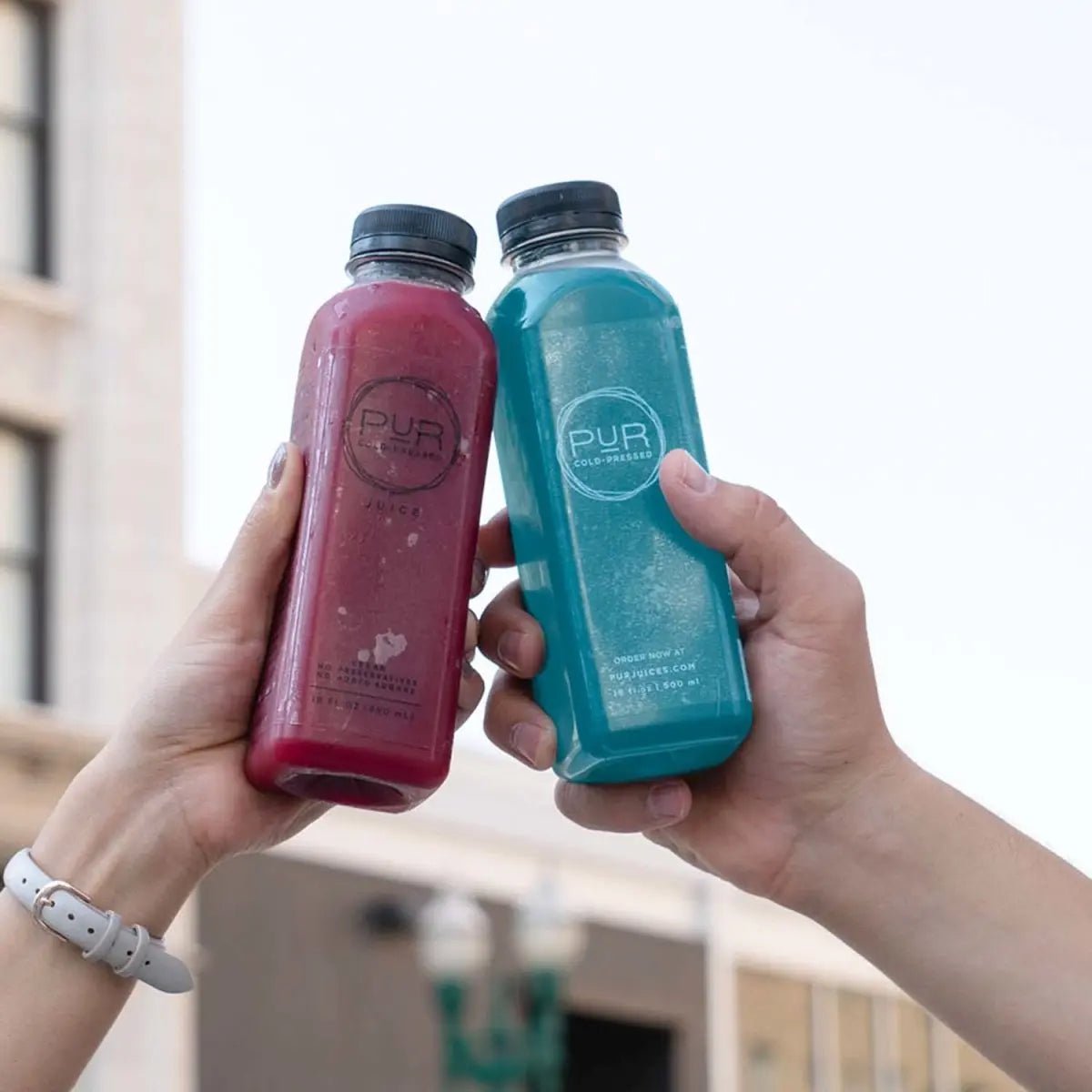
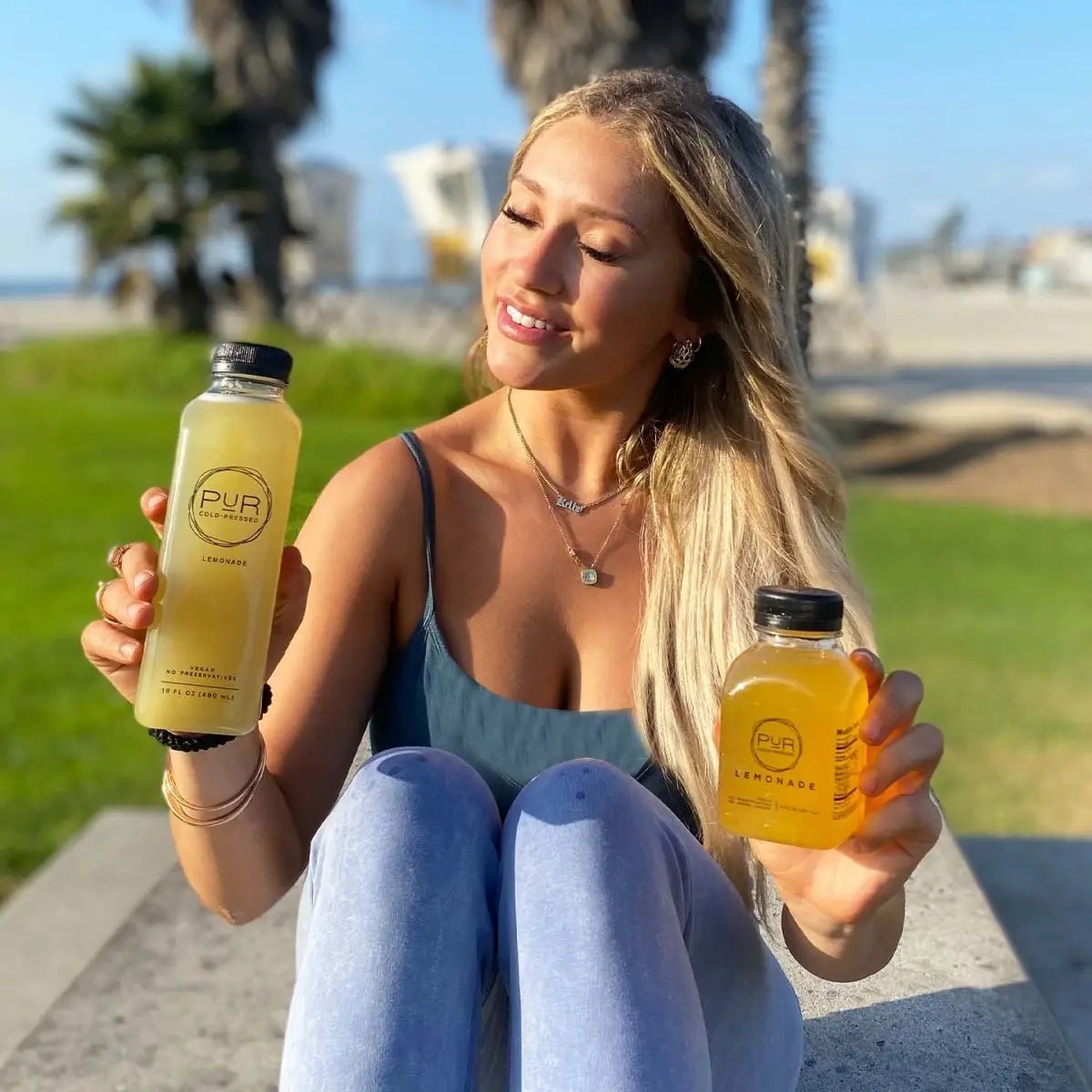
Leave a comment
All comments are moderated before being published.
This site is protected by hCaptcha and the hCaptcha Privacy Policy and Terms of Service apply.